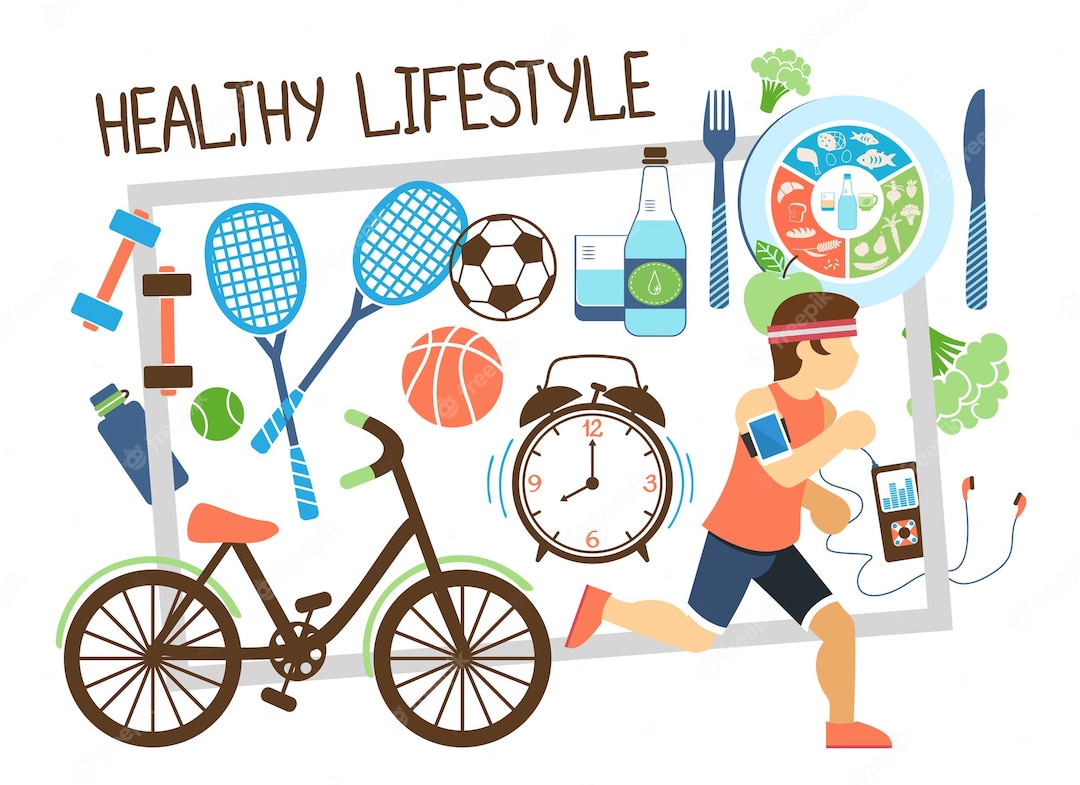
Maintaining an active lifestyle requires not only dedication and determination but also proper nutrition. Whether you're an athlete, fitness enthusiast, or simply someone who enjoys staying active, fueling your body with the right nutrients is essential for optimal performance. In this article, we will explore the key principles of fueling an active lifestyle and provide practical tips on how to nourish your body to support your physical endeavors.
Prioritize Balanced Nutrition:
A well-rounded and balanced diet is the foundation for an active lifestyle. Your body needs a combination of macronutrients (carbohydrates, proteins, and fats) and micronutrients (vitamins and minerals) to function optimally. Focus on consuming whole foods that provide a variety of nutrients rather than relying on processed or convenience foods. Incorporate lean proteins, complex carbohydrates, healthy fats, and plenty of fruits and vegetables into your meals to ensure a well-rounded nutritional intake.
Optimize Carbohydrate Intake:
Carbohydrates are the primary source of energy for your body during exercise. Aim to consume a sufficient amount of carbohydrates to fuel your workouts and replenish glycogen stores. Opt for complex carbohydrates such as whole grains, fruits, and vegetables, which provide a slow and steady release of energy. Prioritize carbohydrates both before and after your workouts to optimize performance and promote effective recovery.
Adequate Protein Consumption:
Protein is crucial for repairing and building muscle tissues, making it essential for individuals with an active lifestyle. Incorporate lean protein sources such as poultry, fish, eggs, legumes, and dairy products into your meals. Spread your protein intake throughout the day to support muscle recovery and maintenance. It's especially important to consume protein-rich foods after your workouts to facilitate muscle repair and growth.

Stay Hydrated:
Hydration is often overlooked but is vital for maintaining performance and preventing dehydration. Water is essential for regulating body temperature, lubricating joints, and delivering nutrients to cells. Aim to drink water throughout the day and increase your intake during periods of physical activity. If you engage in intense or prolonged exercise, consider including electrolyte-rich beverages or sports drinks to replenish lost electrolytes.
Timing Your Meals:
Timing your meals appropriately can enhance your performance and recovery. Eat a balanced meal containing carbohydrates, proteins, and fats 2-3 hours before your workout to provide sustained energy. If you have less time, opt for a smaller snack about 30-60 minutes before exercising. After your workout, consume a combination of carbohydrates and proteins within 30-60 minutes to replenish energy stores and kickstart the recovery process.
Listen to Your Body:
Every individual is unique, and what works for one person may not work for another. Pay attention to how your body responds to different foods and eating patterns. Experiment with different pre- and post-workout meals to identify what makes you feel energized and promotes optimal performance. Consulting with a registered dietitian or sports nutritionist can provide valuable insights tailored to your specific needs.
Fueling an active lifestyle is not just about physical activity but also about nourishing your body with the right nutrients. Prioritize balanced nutrition, adequate carbohydrate and protein intake, and proper hydration to optimize your performance and support your body's needs. Remember, each person is unique, so it's essential to listen to your body and make adjustments as necessary. By following these principles and adopting healthy eating habits, you can enhance your active lifestyle and achieve your fitness goals.



You must be logged in to post a comment.